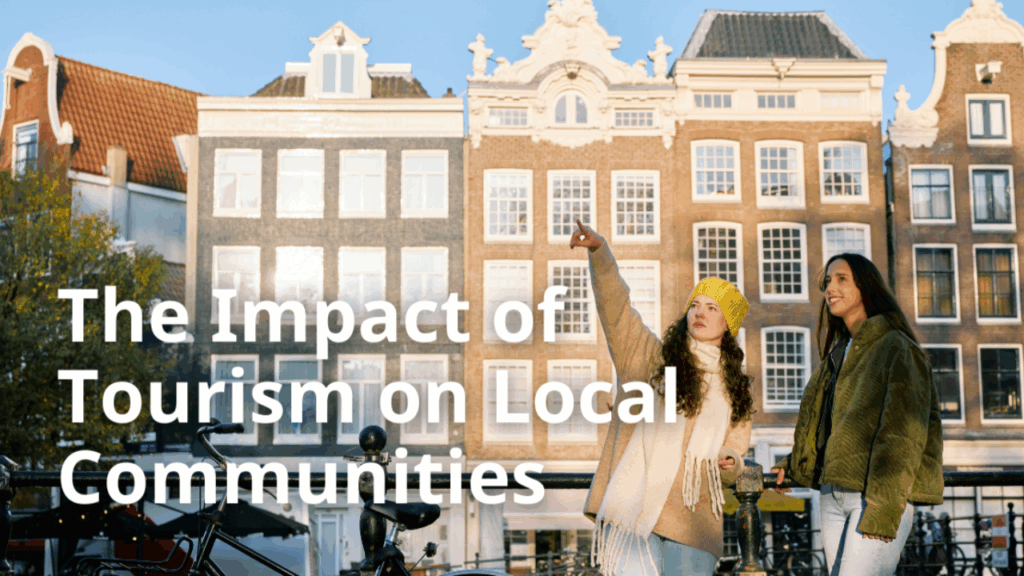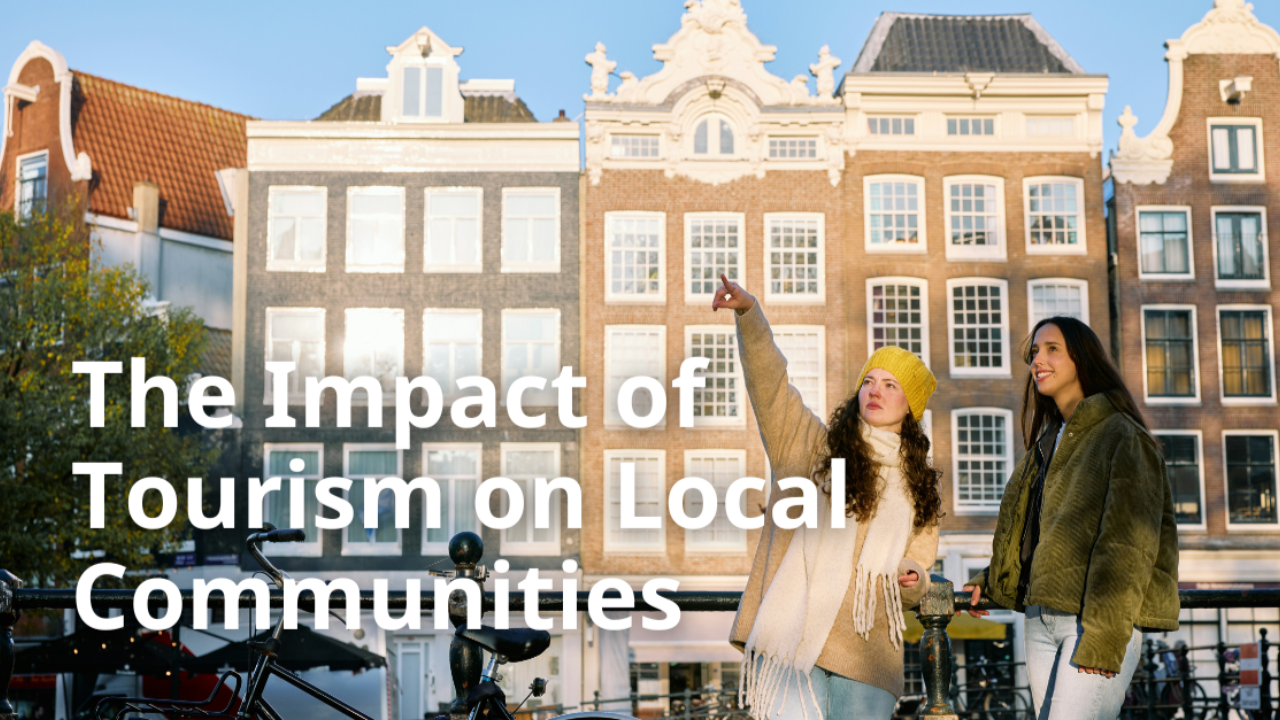
Travel is no longer just about sightseeing; it’s about connecting with places, people, and cultures in meaningful ways. While exploring new destinations, travelers have the power to positively impact local communities—if they do so responsibly. From choosing where to stay and eat to how money is spent, every decision shapes the sustainability and inclusivity of tourism.
This guide explores how travelers can contribute to local communities responsibly, ensuring their journey creates lasting benefits for both hosts and visitors.
Understanding Responsible Travel
Responsible travel is about minimizing negative impacts while maximizing positive contributions. Instead of focusing solely on personal enjoyment, it considers the well-being of the communities and environments that host travelers.
Key principles of responsible travel include:
- Respecting local culture and traditions
- Supporting local economies through mindful spending
- Reducing environmental footprints
- Creating genuine connections with residents
- Leaving destinations better than found
Ways Travelers Can Support Local Communities
1. Choose Locally-Owned Accommodation
Instead of international chains, opt for hostels, guesthouses, or homestays owned by locals. These places not only provide a more authentic experience but also keep money within the community.
2. Dine at Local Restaurants and Markets
Trying local dishes in family-run restaurants or street markets allows travelers to taste authentic flavors while supporting small businesses. Every meal becomes an opportunity to strengthen community livelihoods.
3. Buy Handcrafted Souvenirs
Skip mass-produced trinkets and invest in handmade crafts from local artisans. This supports cultural preservation while offering travelers meaningful keepsakes.
4. Join Community Tours and Workshops
Walking tours, cooking classes, and artisan workshops run by locals allow deeper cultural engagement. These experiences create mutual exchange while directly benefiting hosts.
5. Volunteer with Local Initiatives
Travelers can dedicate time to community-driven projects like environmental conservation, education, or social enterprises. Even short-term volunteering helps communities address local needs.
6. Respect Local Culture and Environment
Simple actions—like learning basic phrases, dressing respectfully, or following eco-friendly practices—show appreciation and respect for host communities.
Benefits of Responsible Travel
| Benefit | For Travelers | For Communities |
|---|---|---|
| Authentic experiences | Genuine cultural immersion | Recognition and preservation of traditions |
| Economic impact | Value for money spent locally | Sustainable income for small businesses |
| Cultural exchange | Friendships and personal growth | Greater visibility for local identity |
| Environmental protection | Cleaner, greener travel | Long-term preservation of resources |
| Social contribution | Meaningful engagement and impact | Support for community-led initiatives |
Examples of Responsible Traveler Actions
- Accommodation: Stay in a family-owned hostel instead of a luxury chain.
- Food Choices: Eat at a neighborhood market instead of global fast-food outlets.
- Shopping: Buy pottery from a local artisan instead of imported goods.
- Activities: Join a community dance or cooking workshop rather than mass-market entertainment.
- Giving Back: Spend a day volunteering in an environmental cleanup project.
Practical Tips for Being a Responsible Traveler
- Do Your Research: Learn about the community before visiting.
- Spend Consciously: Support businesses that empower locals.
- Be Curious but Respectful: Ask questions and show genuine interest without intruding.
- Avoid Exploitation: Don’t participate in activities that exploit wildlife or people.
- Offset Your Impact: Use eco-friendly transport and minimize waste.
Overview Table
| Action | Impact on Community | Traveler Benefit |
|---|---|---|
| Staying in local lodgings | Keeps income within the community | Authentic hospitality experiences |
| Eating local cuisine | Boosts small family-run businesses | Taste of authentic regional flavors |
| Buying artisan crafts | Preserves traditional craftsmanship | Unique and meaningful souvenirs |
| Joining workshops/tours | Supports local guides and educators | Deeper cultural understanding |
| Volunteering efforts | Helps social and environmental causes | Sense of fulfillment and contribution |
| Practicing eco-awareness | Reduces strain on local resources | Sustainable and mindful travel |
Why Responsible Travel Matters
When done thoughtfully, responsible travel creates a win-win situation: travelers enjoy richer experiences, while communities benefit economically, socially, and culturally. This approach ensures tourism is not extractive but collaborative, fostering long-term sustainability.
By choosing to travel responsibly, every journey becomes a force for good.
Conclusion
Travel has the power to transform—not only the traveler but also the places visited. By staying in local accommodations, supporting artisans, enjoying authentic food, joining community activities, and volunteering, travelers can ensure their journeys create positive ripples. Responsible travel is about more than just seeing the world—it’s about caring for it and the people who make it special.
FAQs
Q1: What’s the easiest way to support local communities while traveling?
Eating at local restaurants and buying from small businesses are simple yet impactful steps.
Q2: Can short-term travelers make a difference?
Yes, even small actions like respectful behavior and conscious spending benefit communities.
Q3: How can I ensure my volunteering is ethical?
Choose community-led projects that prioritize local needs and long-term sustainability.

